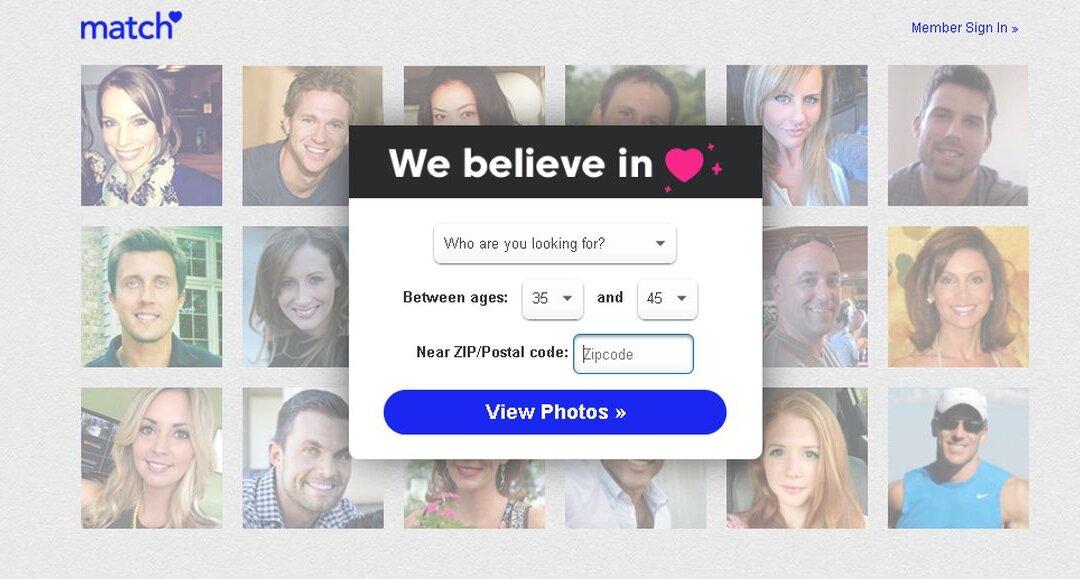A California woman said she was scammed out of $273,000 by a man who posed as a U.S. Marine Corps Major on a dating website.
The 56-year-old Oakland woman, identified as Yin, told ABC7 that she had no time for a social life as she worked as a hairstylist and cared for her elderly mother.





